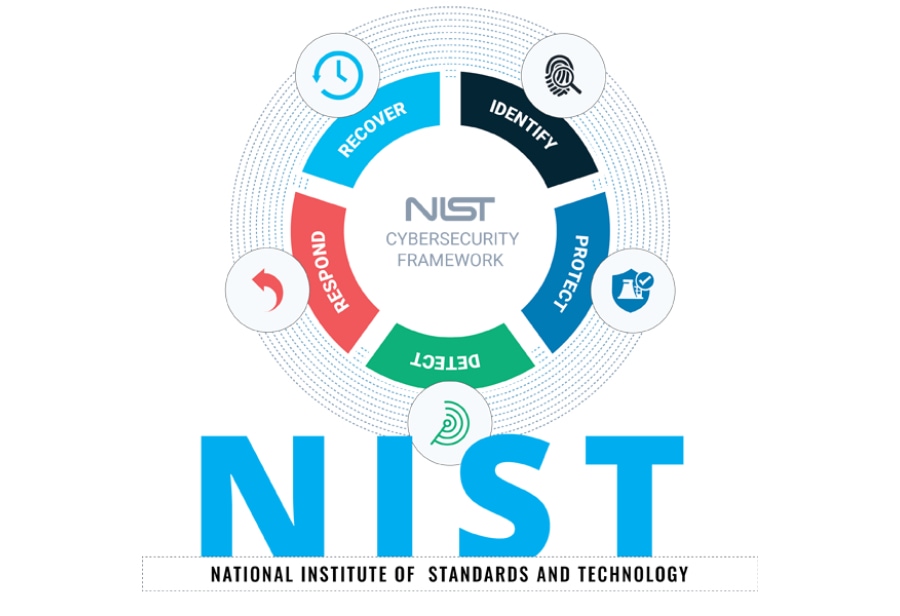Compliance Manager
Compliance as a Service to help you seamlessly maintain and demonstrate your regulatory compliance
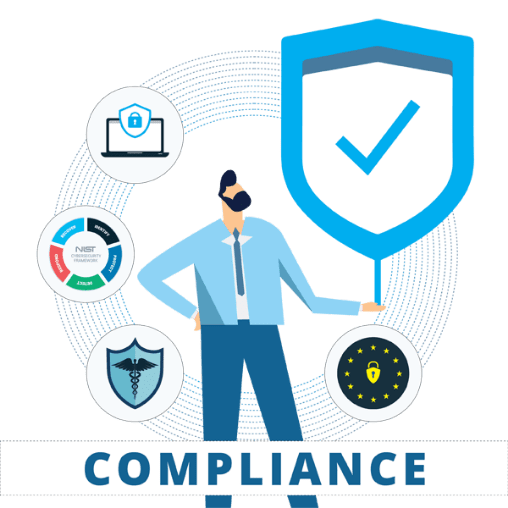
Given the increasingly stringent privacy regulations across the globe, you can no longer put compliance on the back burner. Being compliant requires both fulfilling all your obligations under applicable regulatory standards and providing proof of the same. Thus, in order to pass critical audits, you must have documented validation of compliance.
You need a comprehensive solution that automates and streamlines your compliance processes, making it easier for you to adhere to extensive regulatory requirements.
Streamline Your Regulatory Processes with Compliance as a Service
Compliance as a Service (CaaS) is an IT solution that employs cloud computing to store data and manage regulatory compliance for businesses. It not only stores sensitive data in compliance with regulatory requirements but also helps in reporting and managing compliance across your organization
Here is a roundup of major reasons why CaaS is important for your business:
Simplifies the Compliance Process
With the help of the right CaaS solution, you no longer need to spend hours staying updated with the latest regulatory changes, preparing correct documents for regulatory bodies, and managing your data security. Your CaaS solution will take care of all that and more.
Easily Configurable
CaaS solutions can be easily subscribed to and configured based on the unique compliance needs of your business. That said, the right CaaS solution will save you a lot in terms of time, energy, and resources required to keep up with the changing regulatory requirements for your business.
Provides Automatic System Updates
With the right CaaS solution, you can stay away from the hassle of having to update your systems every time an industry regulation changes. Your service provider will automatically roll out the updates for you.
Why CaaS?
An all-inclusive CaaS solution can help businesses streamline their compliance processes and stay up to date in accordance with the evolving regulatory environment. The right CaaS solution:
- Helps in demonstrating compliance to the various standards through automated reporting and scanning
- Documents and audits compliance from a single pane of glass
- Provides scheduled network scans to identify potential security threats, detect ongoing issues, and send alert notifications
- Identifies security vulnerabilities through automated assessments of your internal and public environments
HIPAA
HIPAA or Health Insurance Portability and Accountability Act is a compliance standard that is designed for the protection of sensitive patient data. Any organization that deals with protected health information (PHI) is obligated to maintain and follow the process, network, and physical security measures in order to be HIPAA complaint.
Concerns Associated with HIPAA Compliance
- HIPAA violations attract hefty penalties.
- Adequate training for handling PHI and dealing with malicious security attacks is critical.
- It is imperative to have a Security Incident Response Plan (SIRP) in place to deal with a security event.
- Professional assistance is required to handle the complexity of audits and maintain the right documentation.
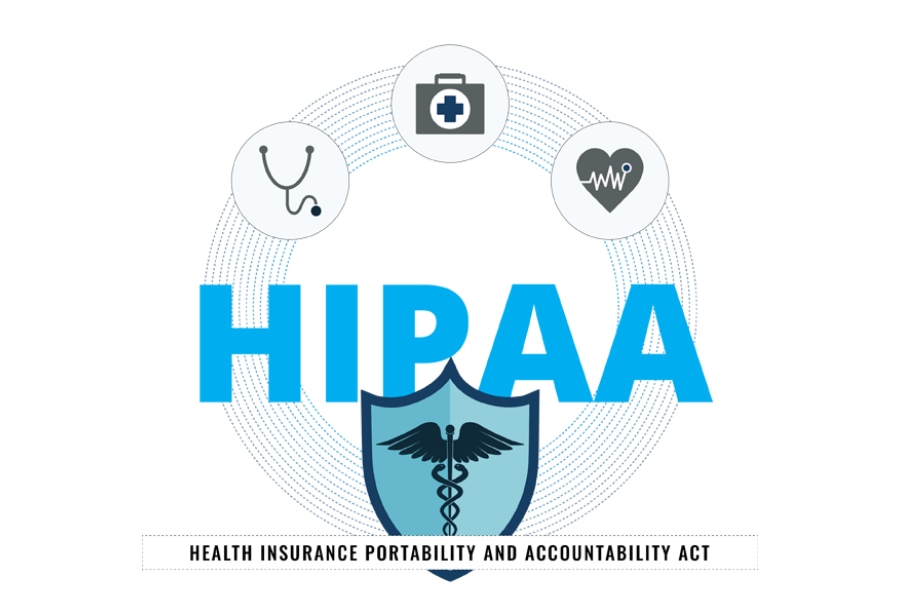
GDPR
GDPR or General Data Protection Regulation (GDPR) is essentially a regulatory standard according to which businesses are obligated to protect the privacy and personal data of European Union (EU) citizens for all transactions that are carried out within the EU member states. GDPR is intended to unify and reinforce data protection for all individuals that reside within the EU and control the export of personal data outside the EU.
Concerns Associated with GDPR Compliance
- Businesses need to be prepared to adapt, test, maintain, and demonstrate compliance with the evolving GDPR requirements.
- Non-compliant businesses are liable to pay hefty penalties and can also be temporarily or definitively banned.
- Ambiguous terms and lack of clarity render GDPR compliance difficult to handle without professional assistance.
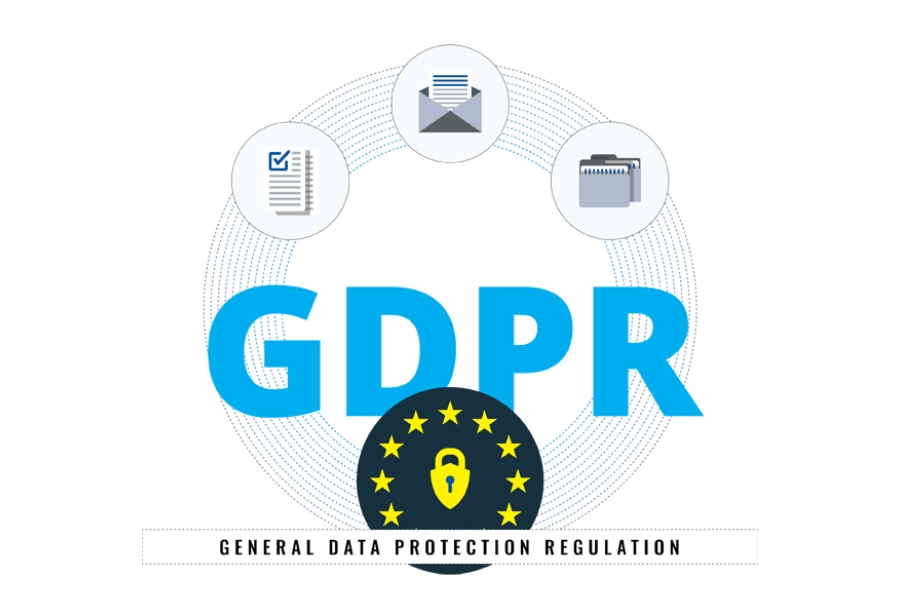
Cyber Insurance
Cyber Insurance is a type of insurance product that is designed to protect businesses against the potential damages associated with cybercrimes such as ransomware and malware attacks. It is a customizable solution for businesses to mitigate specific risks associated with cybersecurity breaches and prevent unauthorized access to their sensitive data and networks.
Concerns Associated with Cyber Insurance Compliance
- Cyber Insurance coverage can be unclear and confusing. It’s hard to understand what is covered and what is not – want to be certain you are picking the right coverage.
- The policies are complex and possess certain constraints and limitations that can be difficult for businesses to interpret. It is vital that you have adhered to and fulfilled all policy requirements to ensure that your claims are denied.
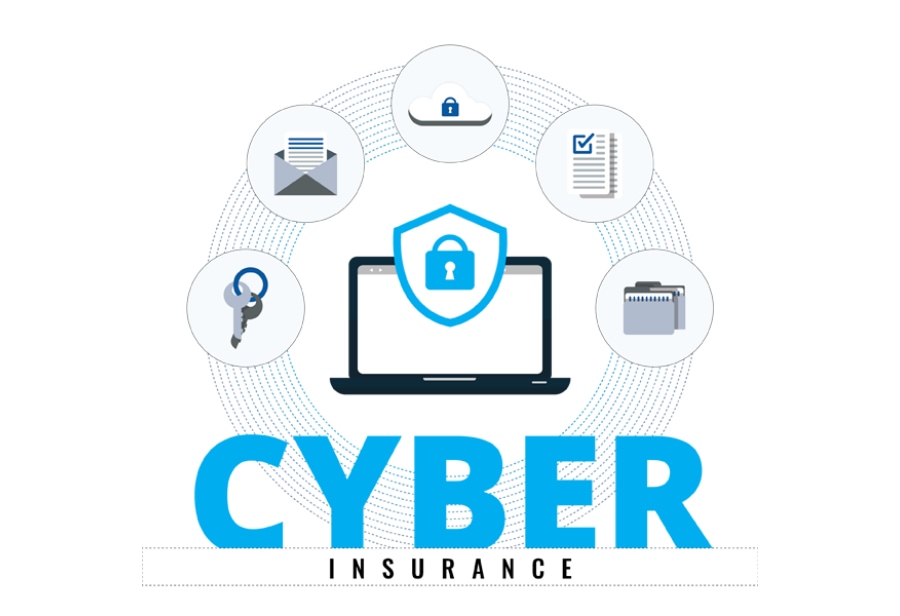
NIST CSF
The National Institute of Standards and Technology (NIST) has developed a framework called the Cybersecurity Framework (CSF) for streamlining cybersecurity for private-sector businesses. NIST CSF is a set of voluntary standards, recommendations, and best practices that are designed to help organizations prevent, identify, detect, respond to, and recover from cyber-attacks.
Concerns Associated with NIST Compliance
- Most businesses do not possess the in-house expertise of safely assessing NIST requirements.
- Businesses need to understand their unique cybersecurity risks and vulnerabilities to properly design, implement, and manage their security programs and best practices.
